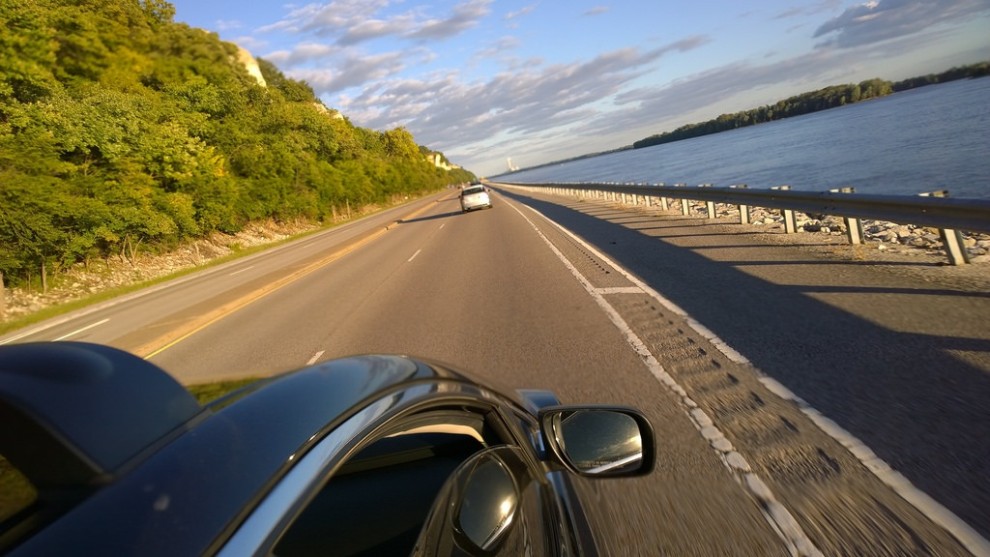Now that we are officially in deep mid-winter we can expect to experience more snowy and icy conditions. Unfortunately that usually means an increase in road accidents and injuries as drivers struggle to control their vehicles on slippery roads.

It is important to remember that there are steps you can take to keep yourself safe.
Make Your Vehicle Winter-Ready
A well-maintained vehicle is a safer, reliable vehicle so with this in mind here are a few essentials you should check:
- Check that your tyres are inflated to the correct pressure and that the treads are at or above the legal minimum levels of 1.6mm. It is advisable to have as much tread as possible for winter driving.
- Check the anti-freeze (coolant) level in the radiator to avoid a catastrophic engine breakdown.
- Your battery works overtime in the winter so have it checked over and if necessary replace it.
- Fill up your windscreen washer bottles with a mixture of screen wash and water.
- Never set off driving with your windows iced up so always keep an ice scraper and de-icer in your car.
- Keep a warm blanket, bottle of water and a snow shovel in the car in the event of a breakdown or if you get stuck in snow or in a traffic jam. Keep your mobile phone fully charged.
Adjust Your Driving Style
Driving in winter conditions is a lot different from driving on dry summer roads. The RAC offers sensible advice for tackling driving in snow and ice, starting with allowing more time for your journey.
This is firstly to give yourself time to clear your vehicle of snow and ice before setting off, then to drive at a slower speed than usual to avoid losing control.
The RAC advises using lower gears especially when setting off and going downhill and avoid braking unless necessary, especially when going into a bend. Use a lower gear to reduce speed and don’t brake at the same time as you make a turn.
If you find yourself in a skid, gently steer into it without braking. In summary, slow down and be gentle on the accelerator and the brakes.
Accidents Will Happen
No matter how careful you are you can still find yourself involved in an accident resulting in personal injury through no fault of your own. Motorists, cyclists and pedestrians alike are subject to the behaviour of those around them and if you suffer an injury which is someone else’s fault the last thing you need is to suffer a financial loss on top of everything else. This is where personal injury law comes to your aid, enabling you to claim compensation.
Personal Injury And The Law
Personal injury encompasses everything from the minor physical injury you may receive from slipping on an untreated icy road surface to the life-changing physical injuries and psychological trauma which can befall you following a serious road crash. In all cases you are entitled to claim compensation from the person or organisation you believe was responsible for your injury. To do this you would need to take legal action.
Personal injury comes under the banner of civil law and it can be quite complicated. This is why the best course of action is to talk to personal injury solicitors that specialise in this field. Having the help and advice from a person who is knowledgeable and expert in the field of personal injury and who can guide you through the claim process is vital to help you make the best of an upsetting experience.



